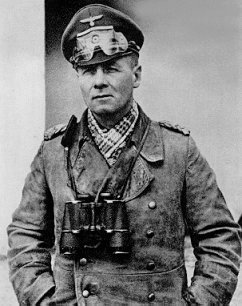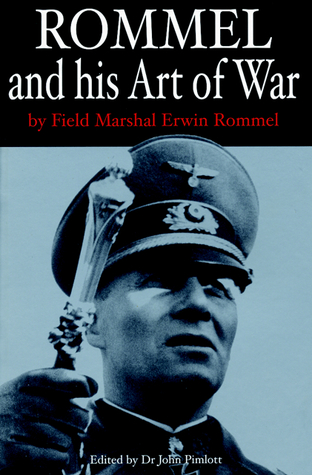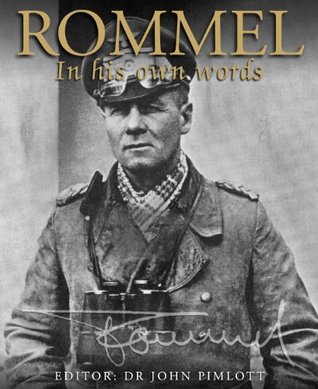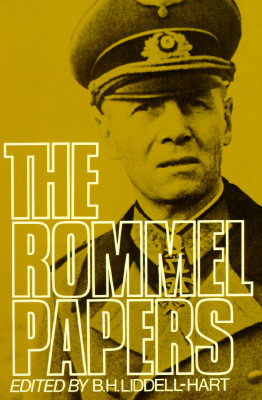Erwin Rommel

Johannes Erwin Eugen Rommel was a German general and military theorist. Popularly known as the Desert Fox, he served as field marshal in the Wehrmacht (armed forces) of Nazi Germany during World War II, as well as serving in the Reichswehr of the Weimar Republic, and the army of Imperial Germany.
Rommel was a highly decorated officer in World War I and was awarded the Pour le Mérite for his actions on the Italian Front. In 1937 he published his classic book on military tactics, Infantry Attacks, drawing on his experiences in that war. In World War II, he distinguished himself as the commander of the 7th Panzer Division during the 1940 invasion of France. His leadership of German and Italian forces in the North African campaign established his reputation as one of the ablest tank commanders of the war, and earned him the nickname der Wüstenfuchs, "the Desert Fox". He later commanded the German forces opposing the Allied cross-channel invasion of Normandy in June 1944.
In 1944, Rommel was implicated in the 20 July plot to assassinate Hitler. Because of Rommel's status as a national hero, Hitler desired to eliminate him quietly instead of immediately executing him, as many other plotters were. Rommel was given a choice between committing suicide, in return for assurances that his reputation would remain intact and that his family would not be persecuted following his death, or facing a trial that would result in his disgrace and execution; he chose the former and committed suicide using a cyanide pill. Rommel was given a state funeral, and it was announced that he had succumbed to his injuries from the strafing of his staff car in Normandy.
The mythology surrounding Rommel has been the subject of analysis in recent decades. The reevaluation has produced new interpretations of Rommel, including his relationship with Nazism, his abilities as an operational and strategic level commander, and his role in the 20 July plot to assassinate Hitler. Historians and commentators conclude that Rommel remains an ambiguous figure, not easily definable either inside or outside the so called "Rommel myth".




